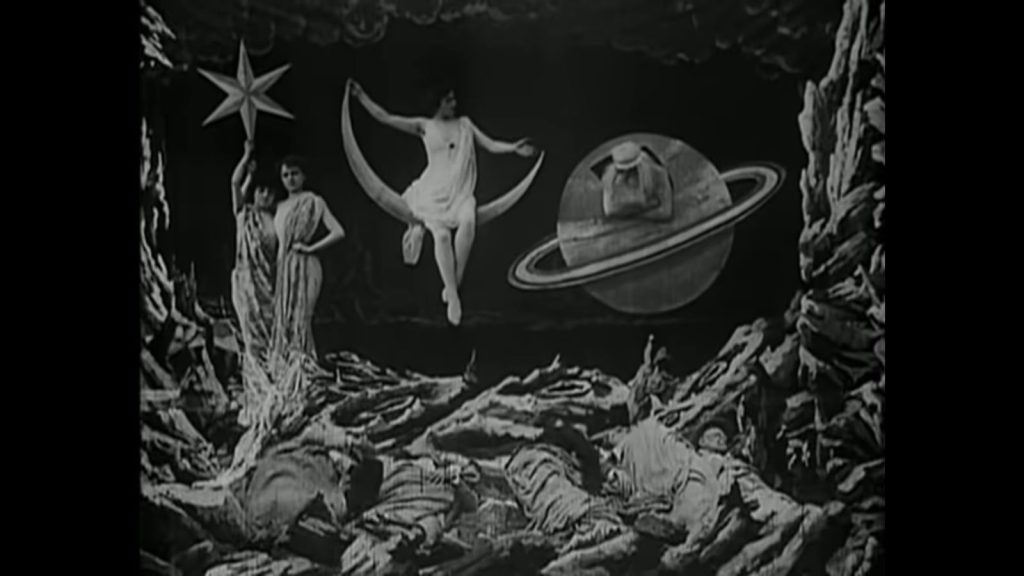
Thanks to the advocacy of previous graduate students, our school changed the structure of the English Ph.D. comprehensive exams from a 5-hour, in-person essay test to a take-home, multiday writing test. We still have questions that test the breadth and depth of our knowledge, but now we’ll be answering them in a way that more closely reflects how we actually do scholarly work.
Today I received my questions via email at 7 am. I was ready, so ready I forgot to take my pills. (I didn’t notice a difference aside from my disappointment, but I will not forget tomorrow). I took some time to read over all the options, made a few early selections, then grabbed a few relevant books (yes, I had to take the heavy one) and left.
I have a long commute, so it gave me the chance to let the back of my brain stew while I focused on my breathing. By the time I got to my office, I was ready to go. I took some time to create my draft documents, copy the selected question into the file, then do a preliminary–more like prepreprepreliminary–outline and listed out the texts/authors I would be using. Some of the questions were really interesting and I felt myself being pulled into working on them. Others I’d already written a thousand or more words about the topic. I chose the latter where I could.
That all done, I spent the next thirty minutes just going through papers and taking notes while my MacBook updated…
…
…then I was ready to go! The writing was sluggish at first. I felt myself tripping over how to phrase ideas and wrote too floridly and sometimes too simply, then convinced myself to get SOMETHING down because you can’t edit an empty page. I was aiming for 2400 words and I left at 1911. That’s not a failure.
I still had to finish grading the work in my summer class and needed to get the final papers out. But after getting that finished, I still ended up working on one of the other questions and getting more words in. Since this is a different format, the word count doesn’t really matter, but the hard work of selecting texts is done.
I think tomorrow will be a more productive day. I’ll be able to start writing right away, knowing I have minimaps in every draft document. I plan to come back to my DAY 1 answer tomorrow night, after I’ve allowed it to stew while I work on DAY 2’s answer. NIGHT 1’s answer has the bones to it, and I have a book here that can help me make sure I put them in the right spots.
Feeling optimistic and ready to keep rolling!


 www.washingtonpost.com/nation/2022/12/14/fortnite-epic-games-lawsuit-addictive
www.washingtonpost.com/nation/2022/12/14/fortnite-epic-games-lawsuit-addictive